选择热点
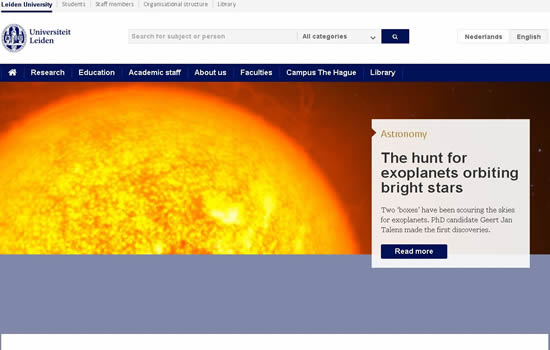 荷兰莱顿大学
荷兰莱顿大学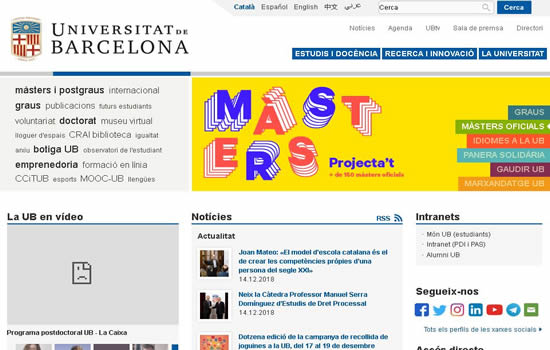 西班牙巴塞罗那大学
西班牙巴塞罗那大学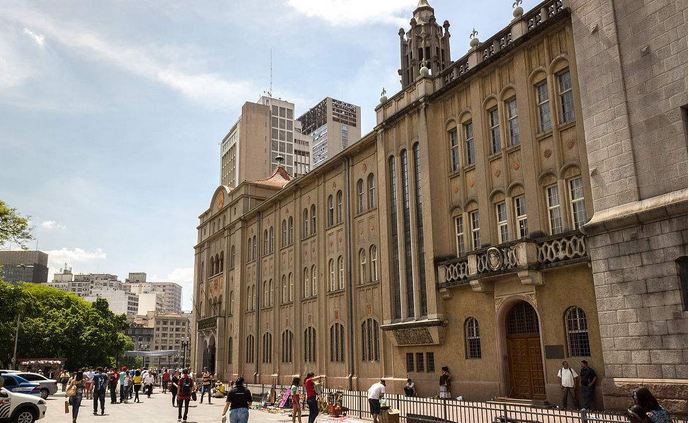 巴西圣保罗大学 University of Sao Paulo, Brazil
巴西圣保罗大学 University of Sao Paulo, Brazil 台湾南华大学 University of South China in Taiwan
台湾南华大学 University of South China in Taiwan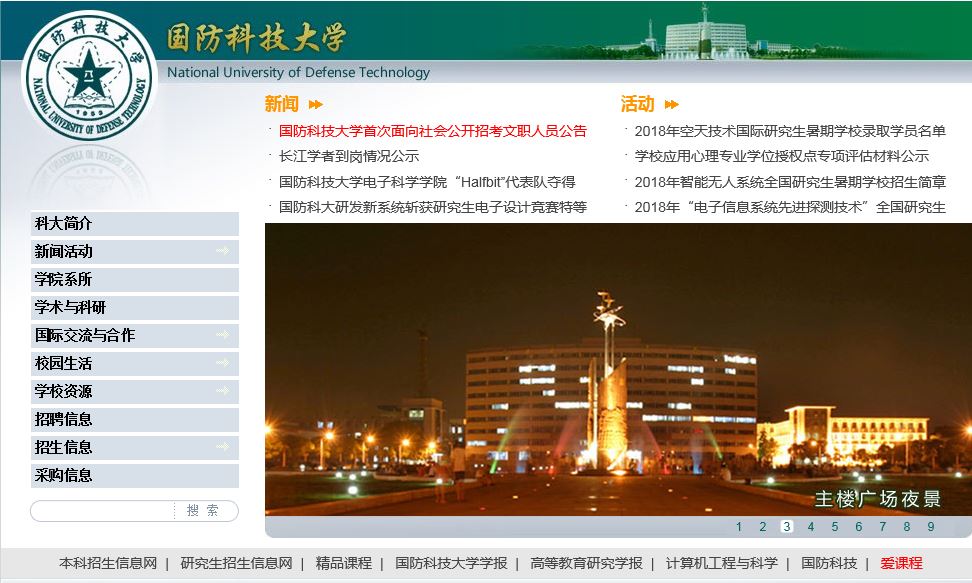 科技大学 National University of Defense Technology
科技大学 National University of Defense Technology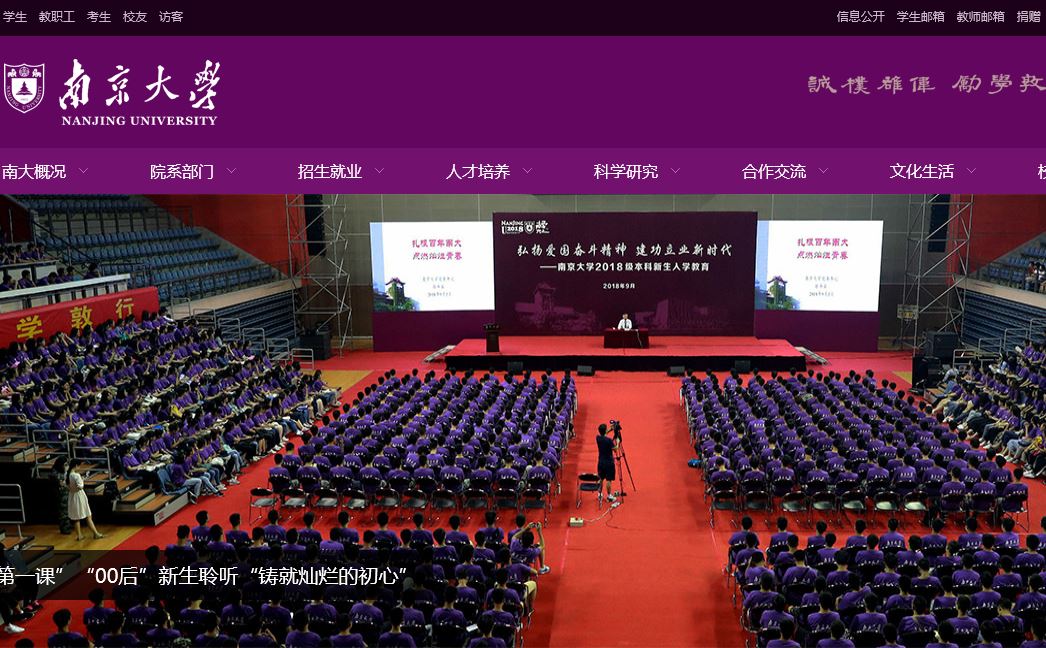 南京大学 Nanjing University
南京大学 Nanjing University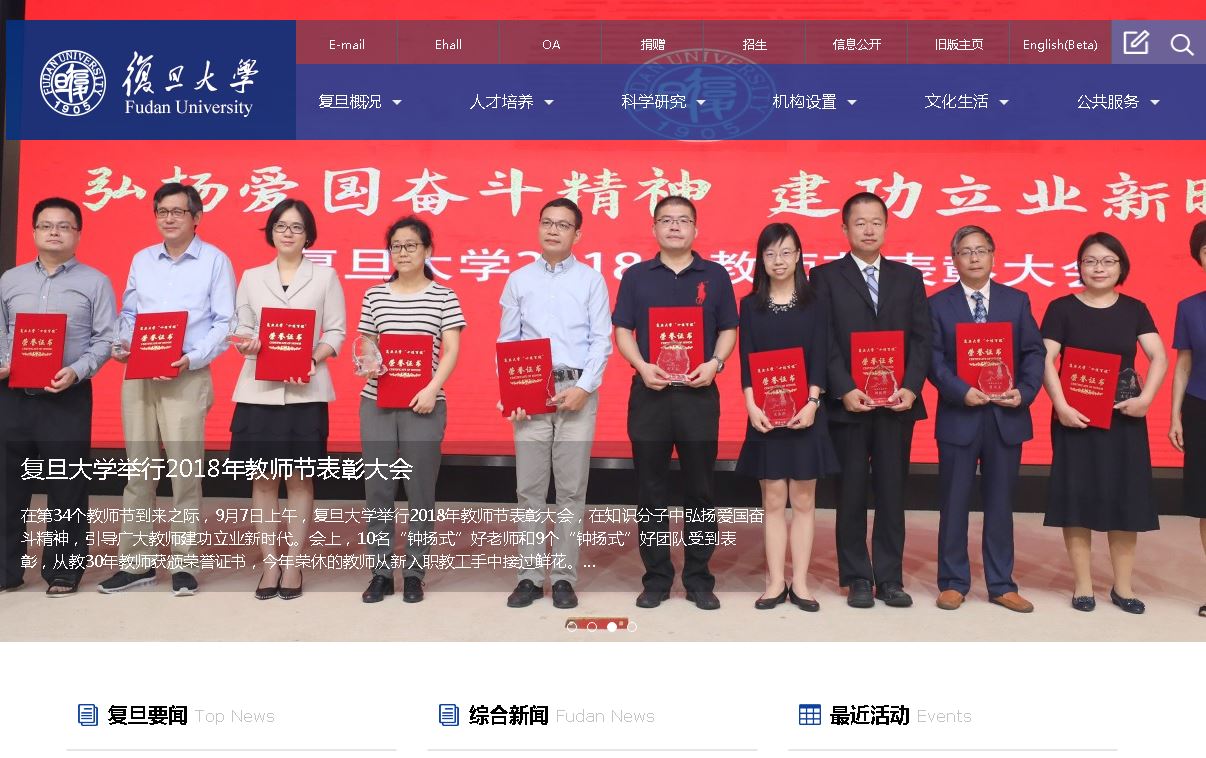 上海复旦大学 Fudan University
上海复旦大学 Fudan University 泗水大学(Ubaya)
泗水大学(Ubaya) 印尼大学 universitas indonesia
印尼大学 universitas indonesia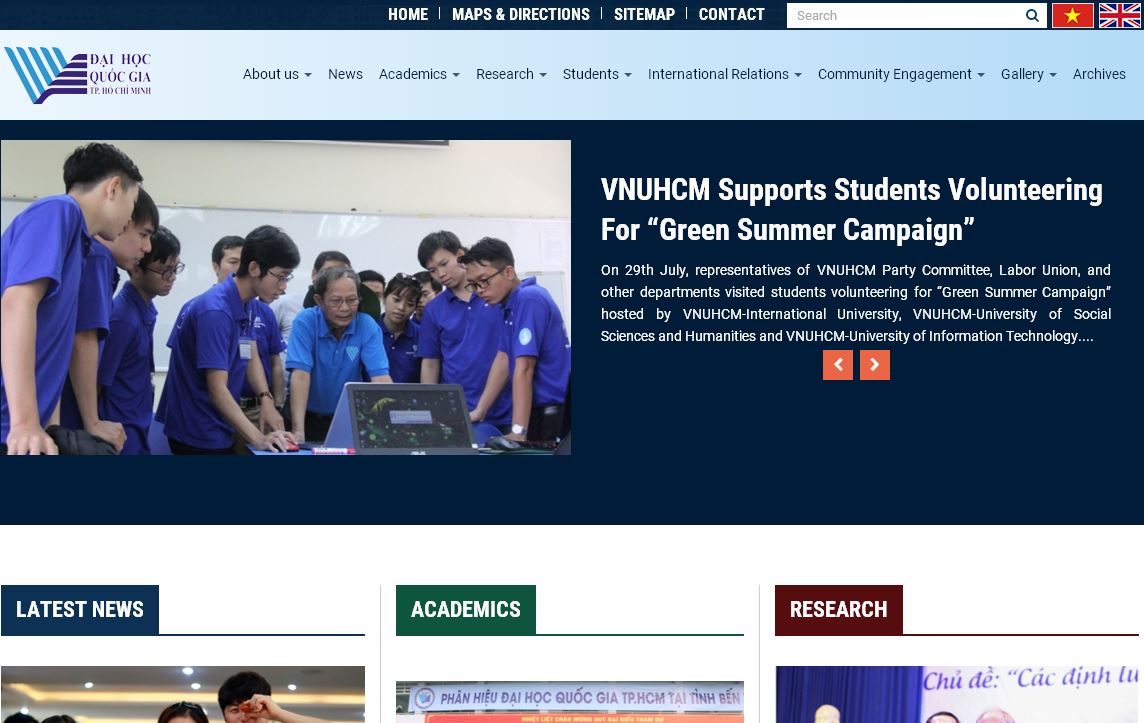 越南某大学 Vietnam National University
越南某大学 Vietnam National University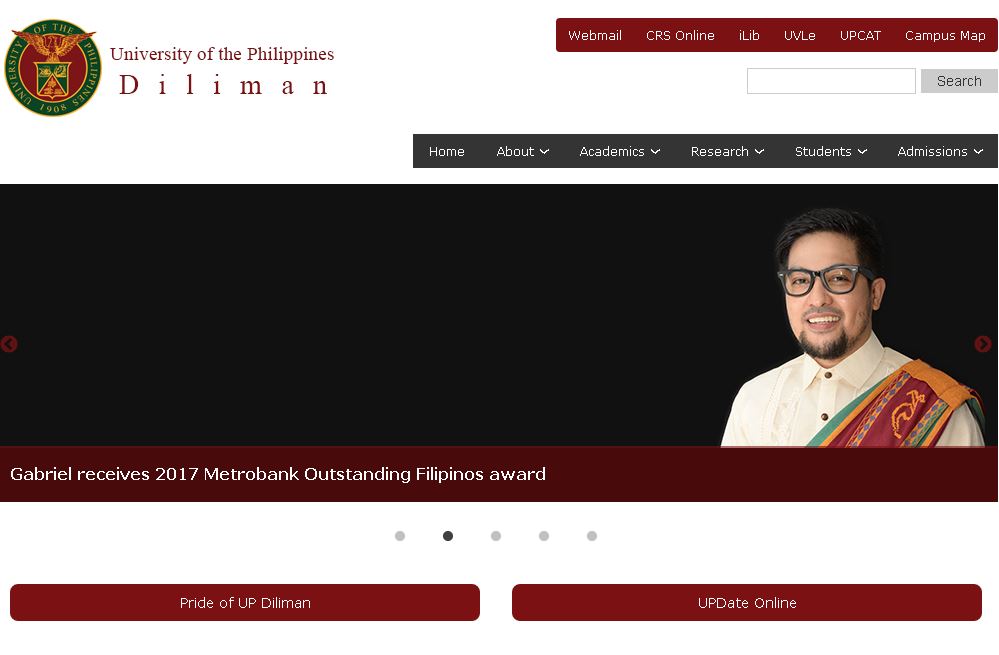 菲律宾大学 University Of The Philippines
菲律宾大学 University Of The Philippines
食物越来越充足,为什么人们不断警告短缺?
发布时间:2025-01-06
来源:大学网站
Food Is Growing More Plentiful, So Why Do People Keep Warning Of Shortages?
食物越来越充足,为什么人们不断警告短缺?
There's a common warning about our planet's future: the risk of food shortages.
关于我们的星球的未来,有一个共同的警告:食物短缺的风险。
"We've got a growing world and a hungry world.
We need to make sure we do our part in helping feed that hungry world," said Kip Tom, a farmer from Indiana who's currently the U.
S.
ambassador to the UN's Food and Agriculture Organization.
我们有一个不断发展的世界和一个饥饿的世界。
来自印第安纳州的农民、现任美国驻联合国粮农组织大使基普·汤姆表示:我们需要确保我们尽自己的一份力量帮助这个饥饿的世界获得粮食。
”"That is totally the mantra," says Catherine Kling, an economist at Cornell University.
"I'll bet I've been to 50 talks in the last five, 10 years where the beginning is, 'We have to feed 9 billion people by 2050.
This is a crisis situation.
' The word 'crisis' gets used regularly.
"这完全是咒语,”康奈尔大学的经济学家凯瑟琳·克林说。
我敢打赌,在过去的5年、10年里,我参加了50次谈话,谈话的开头都是‘到2050年,我们必须养活90亿人’。
这是一个危机局势。
‘危机’这个词经常被用到。
”But, in fact, the long-term trend, for more than a century, has been toward ever more abundant food, and declining prices.
但事实上,一个多世纪以来的长期趋势是,食物越来越丰富,价格不断下降。
To be sure, every once in a while, it really does seem like a crisis.
It certainly did in 2008.
Tom Hertel, a economist at Purdue University, remembers it well.
"This was right in the thick of the biofuel-driven madness," Hertel says, when government policies drove a surge in demand for corn to make ethanol.
Rice and wheat prices were spiking for other reasons.
可以肯定的是,每隔一段时间,它看起来确实像一场危机。
2008年确实如此。
普渡大学的经济学家汤姆•赫特尔对它记忆犹新。
赫特尔说:当时正是生物燃料驱动的疯狂时期”,当时政府的政策推动了用于制造乙醇的玉米需求的激增。
大米和小麦价格飙升还有其他原因。
"People were really panicking," he says.
Some economists thought that consumers would always experience chronic food shortages and high prices.
人们真的很恐慌,”他说。
一些经济学家认为,消费者将永远经历长期的食品短缺和高价格。
Hertel didn't believe it, though.
He and his colleagues have a computer model of long-term trends that drive supply and demand for global food, and their model predicted plenty of food, with lower prices.
但赫特尔并不相信。
他和他的同事们有一个计算机模型,可以预测驱动全球粮食供求的长期趋势,他们的模型预测了大量的粮食,价格更低。
"So we wrote this paper, 'Debunking the New Normal,' and it was very unpopular," he recalls.
"In fact, we weren't able to publish it!
"所以我们写了这篇论文,‘揭穿新常态’,它非常不受欢迎,”他回忆道事实上,我们没能出版它!
”Eventually, he did find a journal to publish it.
And he turned out to be right.
Prices soon came back down.
最终,他找到了一本杂志发表了这篇文章。
结果证明他是对的。
价格很快回落。
And in fact, the long-term trend, for more than a century, has been toward ever more abundant food, and declining prices.
From 1900 to 2000, Hertel says, the number of people in the world quadrupled, yet food prices at the end of the century were only one-third of their starting level.
事实上,一个多世纪以来的长期趋势是,食物越来越丰富,价格不断下降。
赫特尔说,从1900年到2000年,世界人口数量翻了两番,但本世纪末的食品价格只有开始水平的三分之一。
It's true, of course, that millions of people in the world are hungry or malnourished.
But Hertel and Kling say the main reason is that people lack the money to buy food, or because of war and political oppression.
Reducing hunger requires addressing poverty and conflict, not just growing more food.
当然,世界上有数百万人正在挨饿或营养不良,这是事实。
但赫特尔和金克林说,主要原因是人们没有钱买食物,或者因为战争和政治压迫。
减少饥饿需要解决贫困和冲突,而不仅仅是种植更多的粮食。
Kling, in fact, is mystified by all the talk about potential food shortages.
"Part of the reason may be it's an effective communication device," she says.
事实上,克林对所有关于潜在粮食短缺的讨论感到困惑。
部分原因可能是它是一种有效的沟通工具,”她说。
Farmers and their lobbyists, she says, use the idea that the world needs more food to argue that governments shouldn't impose environmental regulations that might force farmers to pay for all the water pollution they cause, and the wetlands that they destroy.
她说,农民和他们的游说者利用世界需要更多粮食的观点来争辩说,政府不应该强加可能迫使农民为他们造成的水污染和他们破坏的湿地买单的环境法规。
【食物越来越充足,为什么人们不断警告短缺?查看网站:[db:时间]】
食物越来越充足,为什么人们不断警告短缺?
There's a common warning about our planet's future: the risk of food shortages.
关于我们的星球的未来,有一个共同的警告:食物短缺的风险。
"We've got a growing world and a hungry world.
We need to make sure we do our part in helping feed that hungry world," said Kip Tom, a farmer from Indiana who's currently the U.
S.
ambassador to the UN's Food and Agriculture Organization.
我们有一个不断发展的世界和一个饥饿的世界。
来自印第安纳州的农民、现任美国驻联合国粮农组织大使基普·汤姆表示:我们需要确保我们尽自己的一份力量帮助这个饥饿的世界获得粮食。
”"That is totally the mantra," says Catherine Kling, an economist at Cornell University.
"I'll bet I've been to 50 talks in the last five, 10 years where the beginning is, 'We have to feed 9 billion people by 2050.
This is a crisis situation.
' The word 'crisis' gets used regularly.
"这完全是咒语,”康奈尔大学的经济学家凯瑟琳·克林说。
我敢打赌,在过去的5年、10年里,我参加了50次谈话,谈话的开头都是‘到2050年,我们必须养活90亿人’。
这是一个危机局势。
‘危机’这个词经常被用到。
”But, in fact, the long-term trend, for more than a century, has been toward ever more abundant food, and declining prices.
但事实上,一个多世纪以来的长期趋势是,食物越来越丰富,价格不断下降。
To be sure, every once in a while, it really does seem like a crisis.
It certainly did in 2008.
Tom Hertel, a economist at Purdue University, remembers it well.
"This was right in the thick of the biofuel-driven madness," Hertel says, when government policies drove a surge in demand for corn to make ethanol.
Rice and wheat prices were spiking for other reasons.
可以肯定的是,每隔一段时间,它看起来确实像一场危机。
2008年确实如此。
普渡大学的经济学家汤姆•赫特尔对它记忆犹新。
赫特尔说:当时正是生物燃料驱动的疯狂时期”,当时政府的政策推动了用于制造乙醇的玉米需求的激增。
大米和小麦价格飙升还有其他原因。
"People were really panicking," he says.
Some economists thought that consumers would always experience chronic food shortages and high prices.
人们真的很恐慌,”他说。
一些经济学家认为,消费者将永远经历长期的食品短缺和高价格。
Hertel didn't believe it, though.
He and his colleagues have a computer model of long-term trends that drive supply and demand for global food, and their model predicted plenty of food, with lower prices.
但赫特尔并不相信。
他和他的同事们有一个计算机模型,可以预测驱动全球粮食供求的长期趋势,他们的模型预测了大量的粮食,价格更低。
"So we wrote this paper, 'Debunking the New Normal,' and it was very unpopular," he recalls.
"In fact, we weren't able to publish it!
"所以我们写了这篇论文,‘揭穿新常态’,它非常不受欢迎,”他回忆道事实上,我们没能出版它!
”Eventually, he did find a journal to publish it.
And he turned out to be right.
Prices soon came back down.
最终,他找到了一本杂志发表了这篇文章。
结果证明他是对的。
价格很快回落。
And in fact, the long-term trend, for more than a century, has been toward ever more abundant food, and declining prices.
From 1900 to 2000, Hertel says, the number of people in the world quadrupled, yet food prices at the end of the century were only one-third of their starting level.
事实上,一个多世纪以来的长期趋势是,食物越来越丰富,价格不断下降。
赫特尔说,从1900年到2000年,世界人口数量翻了两番,但本世纪末的食品价格只有开始水平的三分之一。
It's true, of course, that millions of people in the world are hungry or malnourished.
But Hertel and Kling say the main reason is that people lack the money to buy food, or because of war and political oppression.
Reducing hunger requires addressing poverty and conflict, not just growing more food.
当然,世界上有数百万人正在挨饿或营养不良,这是事实。
但赫特尔和金克林说,主要原因是人们没有钱买食物,或者因为战争和政治压迫。
减少饥饿需要解决贫困和冲突,而不仅仅是种植更多的粮食。
Kling, in fact, is mystified by all the talk about potential food shortages.
"Part of the reason may be it's an effective communication device," she says.
事实上,克林对所有关于潜在粮食短缺的讨论感到困惑。
部分原因可能是它是一种有效的沟通工具,”她说。
Farmers and their lobbyists, she says, use the idea that the world needs more food to argue that governments shouldn't impose environmental regulations that might force farmers to pay for all the water pollution they cause, and the wetlands that they destroy.
她说,农民和他们的游说者利用世界需要更多粮食的观点来争辩说,政府不应该强加可能迫使农民为他们造成的水污染和他们破坏的湿地买单的环境法规。
【食物越来越充足,为什么人们不断警告短缺?查看网站:[db:时间]】
相关阅读
目录列表
资讯列表
英语资讯


共0条评论
网友评论温馨提示:您的评论需要经过审核才能显示,请文明发言!